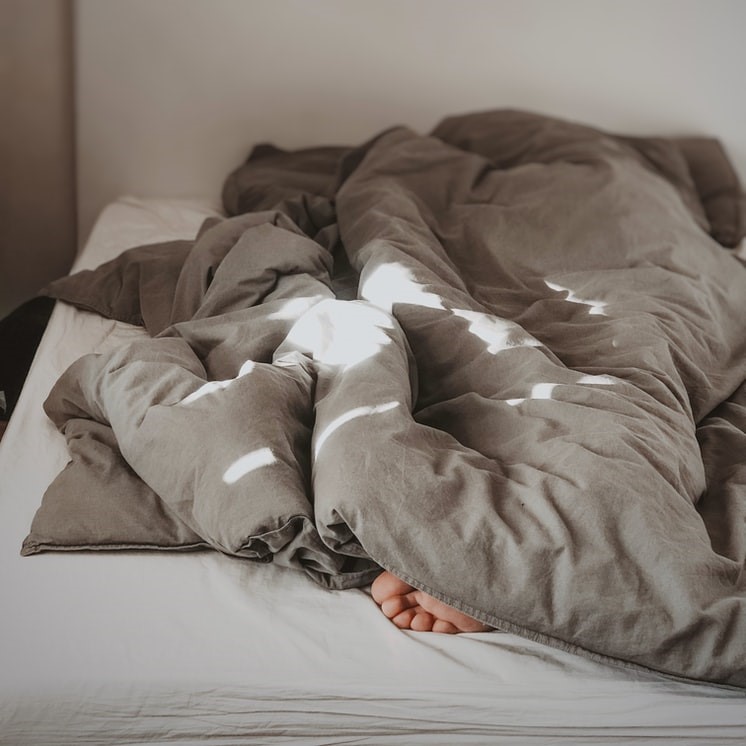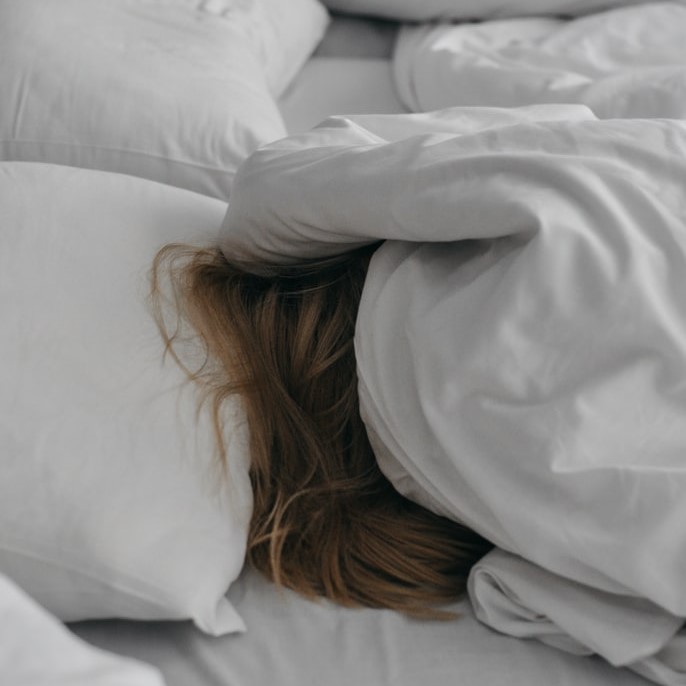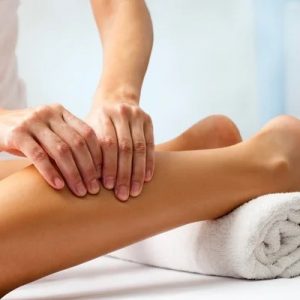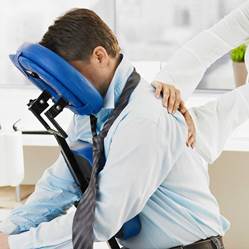Did you know that your sleep patterns can take a serious toll on your overall health and well-being? Making sure you get the proper amount of sleep each night is essential for ensuring you stay in the best possible shape.
We all need quality sleep for our physical and mental health. Not only does insufficient sleep impair overall mental stability, focus and concentration, but studies have also found a prolonged occurrence of poor sleep to be associated with numerous chronic illnesses, including heart disease, diabetes and depression.
Unfortunately, insomnia, defined as having difficulty falling asleep or remaining asleep, is a challenge for almost 70 million Americans. Chronic insomnia occurs when an individual experiences insomnia nightly, or nearly every night, for at least 6 months. Healthcare professionals can help to identify the root cause of sleeplessness, although approximately half of all chronic cases have no identifiable origin.

A growing body of research indicates that massage therapy is beneficial in combating insomnia, as well as the many chronic conditions that contribute to this sleep disorder. Although people generally find massage to be extremely relaxing, many may not be aware of all of its holistic benefits.
Since massage promotes overall wellness, most people tend to experience relaxation and a positive mood during and after a massage. Studies indicate it is also an effective option in reducing pain, muscle fatigue, anxiety and depression. Massage therapy is a drug-free, natural method to promote overall health and also feels wonderful.
Massage may help improve sleep by alleviating stress which can take a serious toll on your sleep. Massage reduces stress by decreasing cortisol, a stress hormone, and by promoting the production of serotonin and dopamine, which are neurotransmitters in the brain that assist in stabilizing moods. It is believed that the area of the brain that facilitates the body entering into deep sleep uses serotonin to communicate and produce melatonin.
Melatonin is a hormone that speaks to the brain and tells it to “slow down” and to prepare for sleep. Other research has found that delta waves, brain waves which appear in heaviest concentration during the deepest realm of sleep, increase as a result of massage and help people sleep better once asleep.
The recommended duration of massage therapy varies widely depending on patient needs and co-occurring issues. Studies from the American Massage Therapy Association that were conducted over a period of 3 to 13 weeks, generally consisting of 30-minute sessions occurring twice weekly reported the majority of participants experienced positive results in better sleep after a single session.
If you are struggling with sleep, massage therapy is worth looking into. Massage is a natural and non-invasive way to help you completely relax before bed. Sleep issues and insomnia have many reasons for onset therefore, it is important to seek the advice of a healthcare professional prior to committing to any new treatment.
Tracy Smith LMT
Massage Therapy – Bryn Mawr, PA



